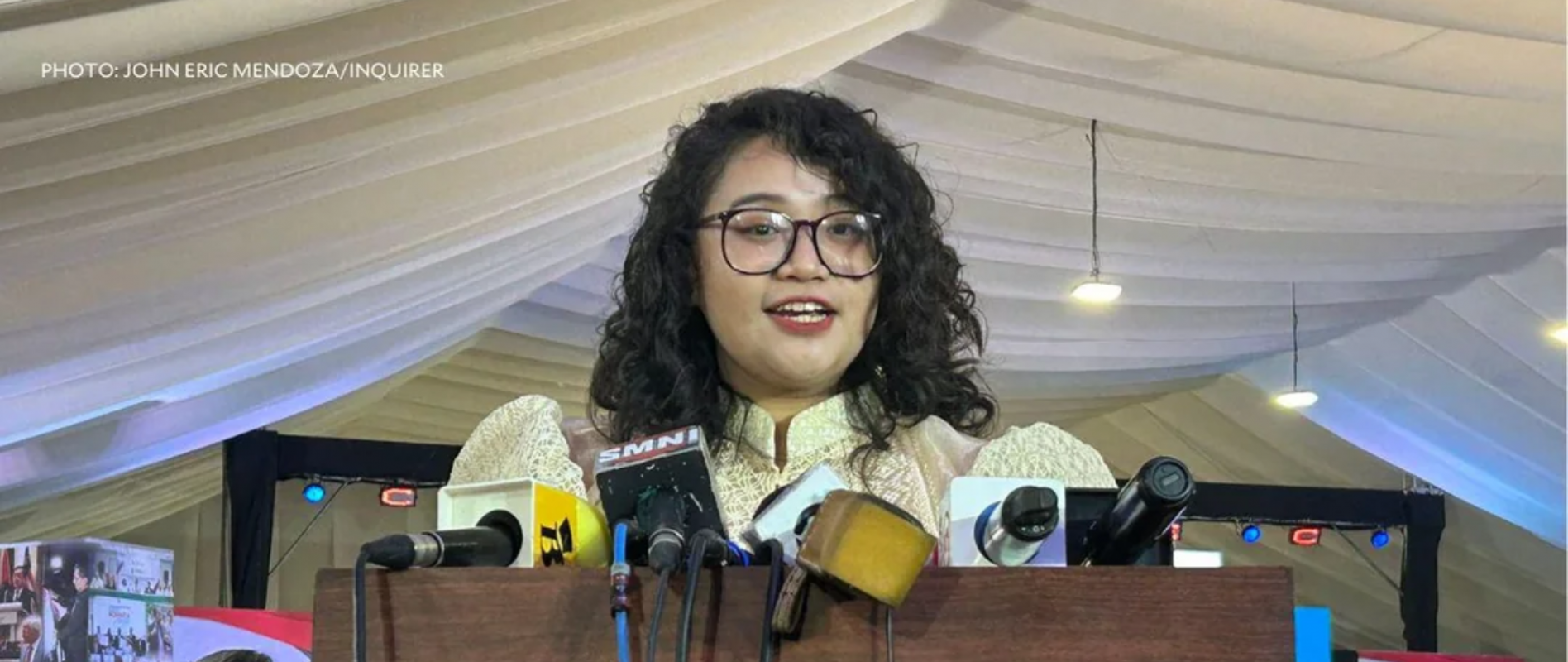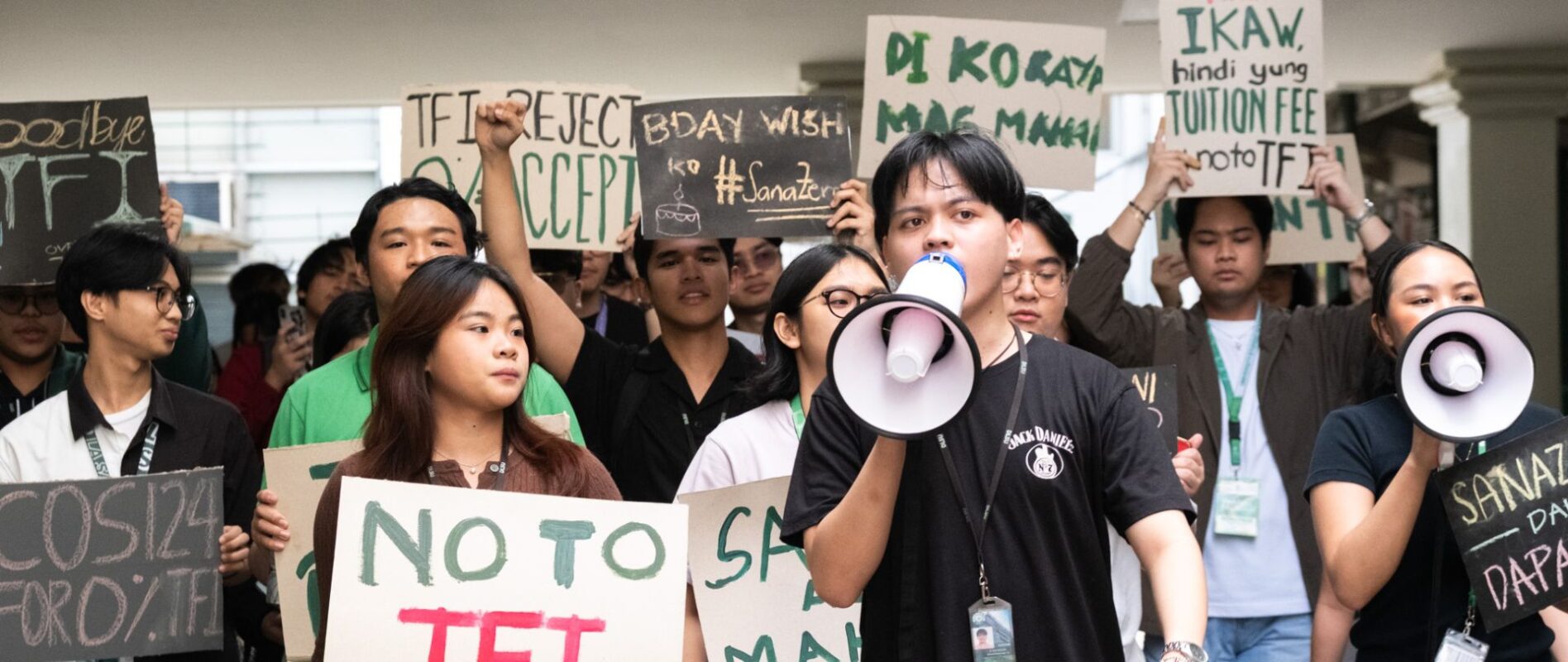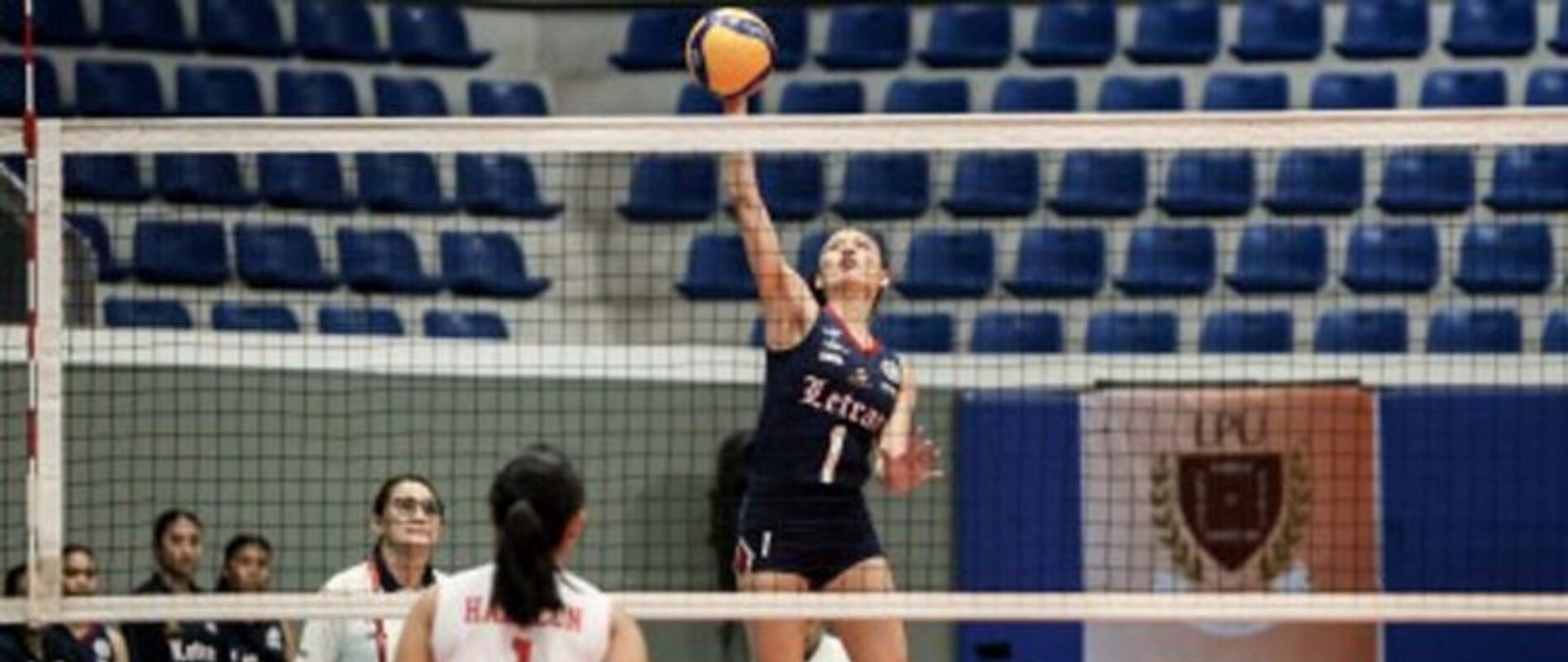LAWMAKER CITES DEEPENING CRISIS IN YOUTH SECTOR
KABATAAN Party-list Rep. Renee Louise Co denounced President Ferdinand Marcos Jr.’s education policies as inadequate, superficial, and unresponsive to the real struggles of Filipino students and youth.
Co described the President’s 2025 State of the Nation Address (SONA) as a showcase of “flowery words” that conceal the persistent crisis in the country’s education system.
She rejected the President’s assertion that education is at the “peak” of his administration’s priorities.
Citing the government’s claim of having built 22,000 classrooms over the past three years, with a target of 40,000 more, Co pointed out that this remains far short of the 165,000-classroom backlog acknowledged by the Department of Education.
“The gap between what the government is doing and what is actually needed is massive. That is not prioritization. That is neglect,” she said.
The Kabataan solon also questioned the real impact and implementation of the Academic Recovery and Accessible Learning (ARAL) Program, which the President touted as a major initiative to address learning gaps during and after the pandemic.
“Despite his praises, there is still no clarity on how the program is being implemented, how many students are truly benefiting, and whether the government is allocating enough support and funding,” she said, citing reports of cities struggling to recruit volunteer tutors.
While recognizing the 8th anniversary of Republic Act No. 10931 or the Universal Access to Quality Tertiary Education Act, Co lamented that access to higher education remains a privilege rather than a right for many youth.
She cited sobering statistics: out of every 10 Filipino children who enter elementary school, only two reach college—and only one completes a degree. For those enrolled in public universities, hidden costs such as food, housing, transportation, and health services continue to hinder access.
Co also criticized the administration’s emphasis on technical-vocational education in senior high school, arguing that it serves foreign and corporate interests rather than national development.
She urged the government to fully implement the constitutional mandate to prioritize education in the national budget, demanding a minimum allocation of 6% of the GDP as recommended by UNESCO.
The young lawmaker further called out the Commission on Higher Education (CHED) for its inaction in regulating tuition increases in private institutions, and reiterated the youth sector’s call for a tuition moratorium.














